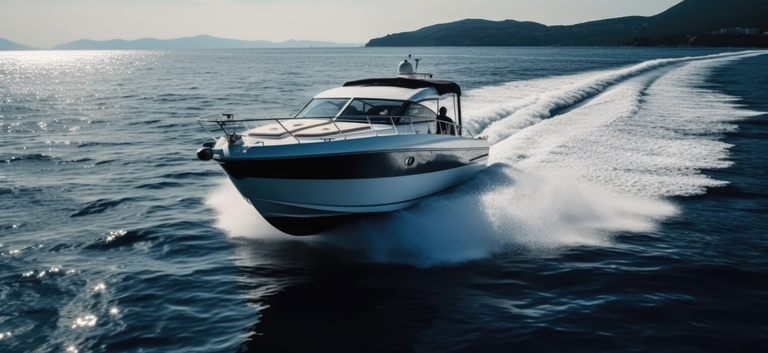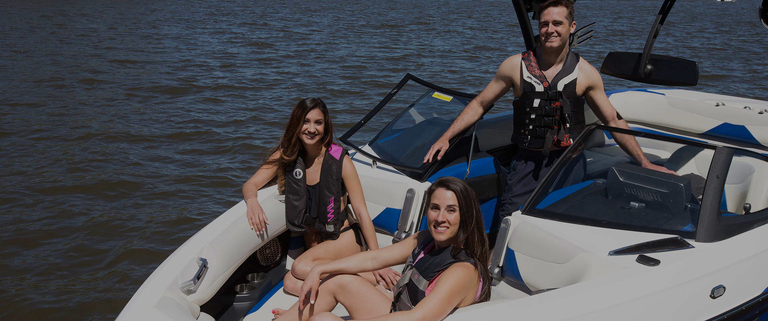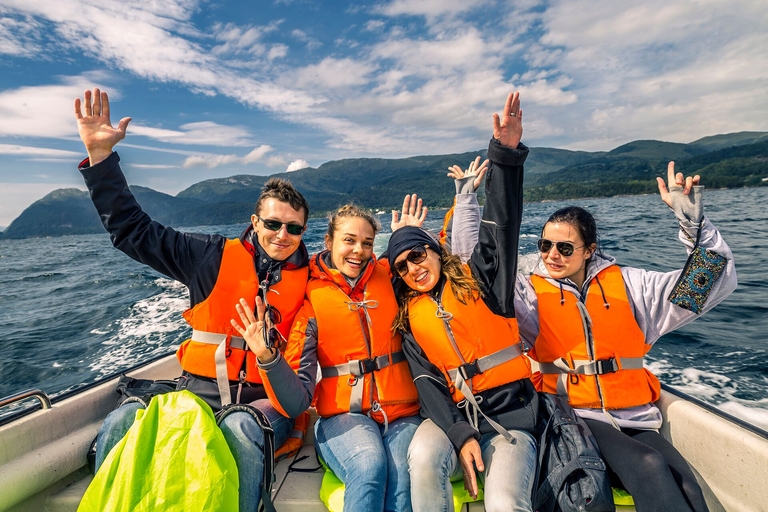Boating Accident Statistics: The United States of Boating
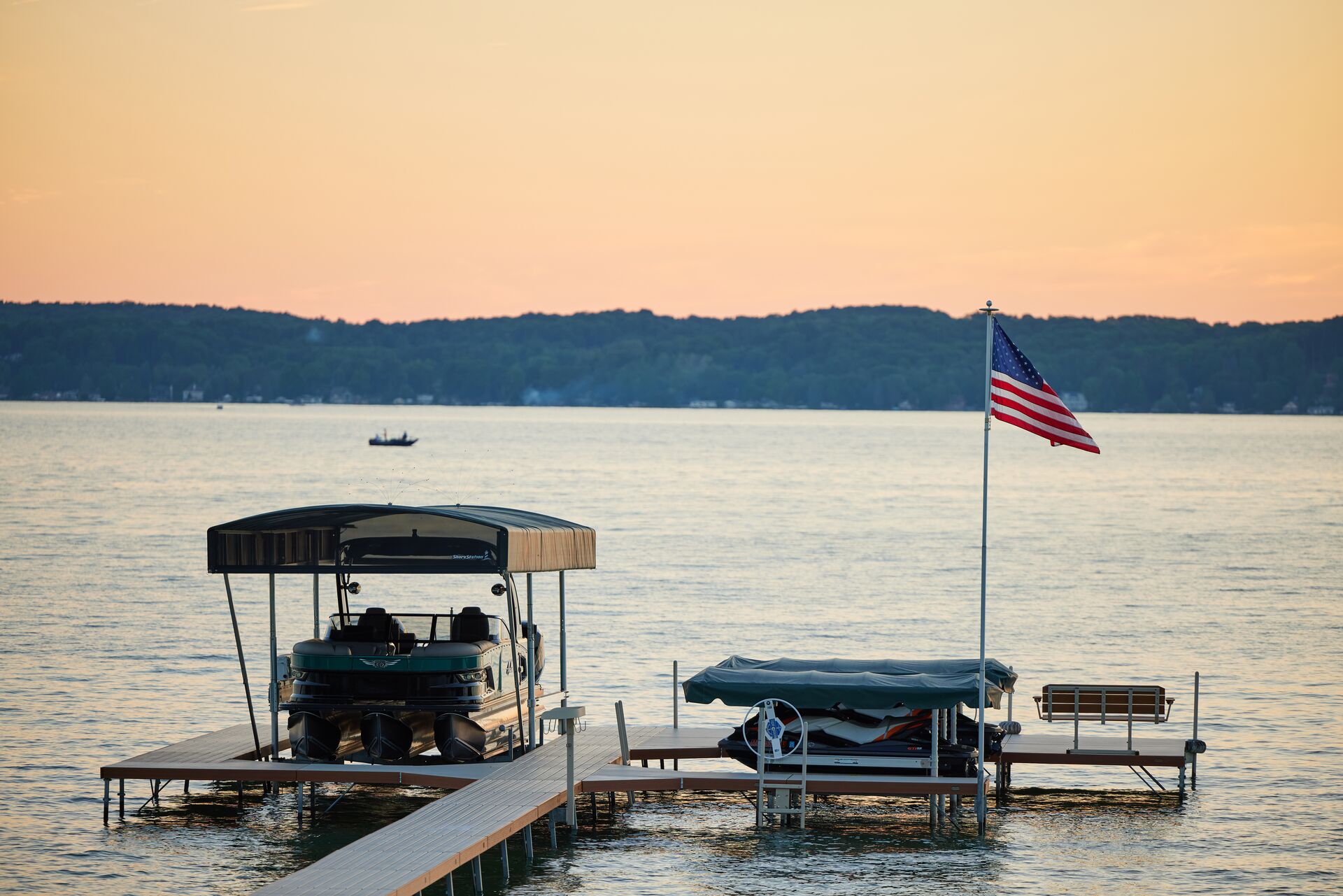
Boating is a favorite leisure activity of many people across the country. However, along with a fun activity comes the opportunity for boating accidents, injuries, and even death.
Our goal here at Boat-Ed is to help boaters prevent these things from happening — so you and your friends and family have more fun. You'll have many more adventures on the water if you can do so safely, and we're here to help you learn through our blogs, free study guide resources, and, of course, our boater education courses!
Sometimes, a good visual helps hit home the "state" of boating in the U.S. So, we created an infographic to showcase some of the unique facts, including boating accident statistics) that encompasses the American boating community.
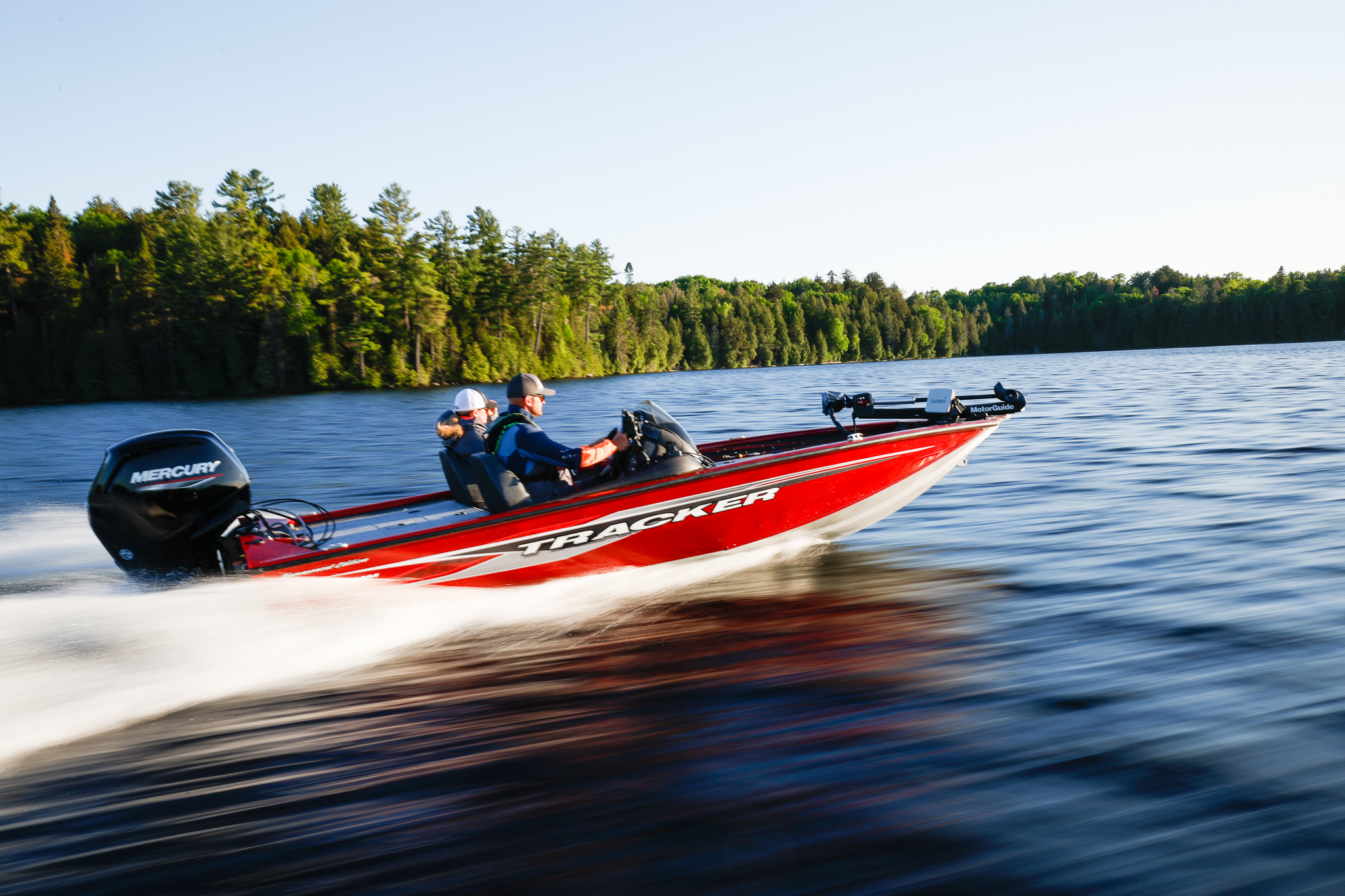
The United States of Boating
Sometimes, seeing is believing!
While we can provide resources and statistics on boaters, accidents, the causes of accidents, and more boating facts for you to read, we thought a visual aid might be a more interesting way to see some of the impacts of boating in the U.S.
Take a look!
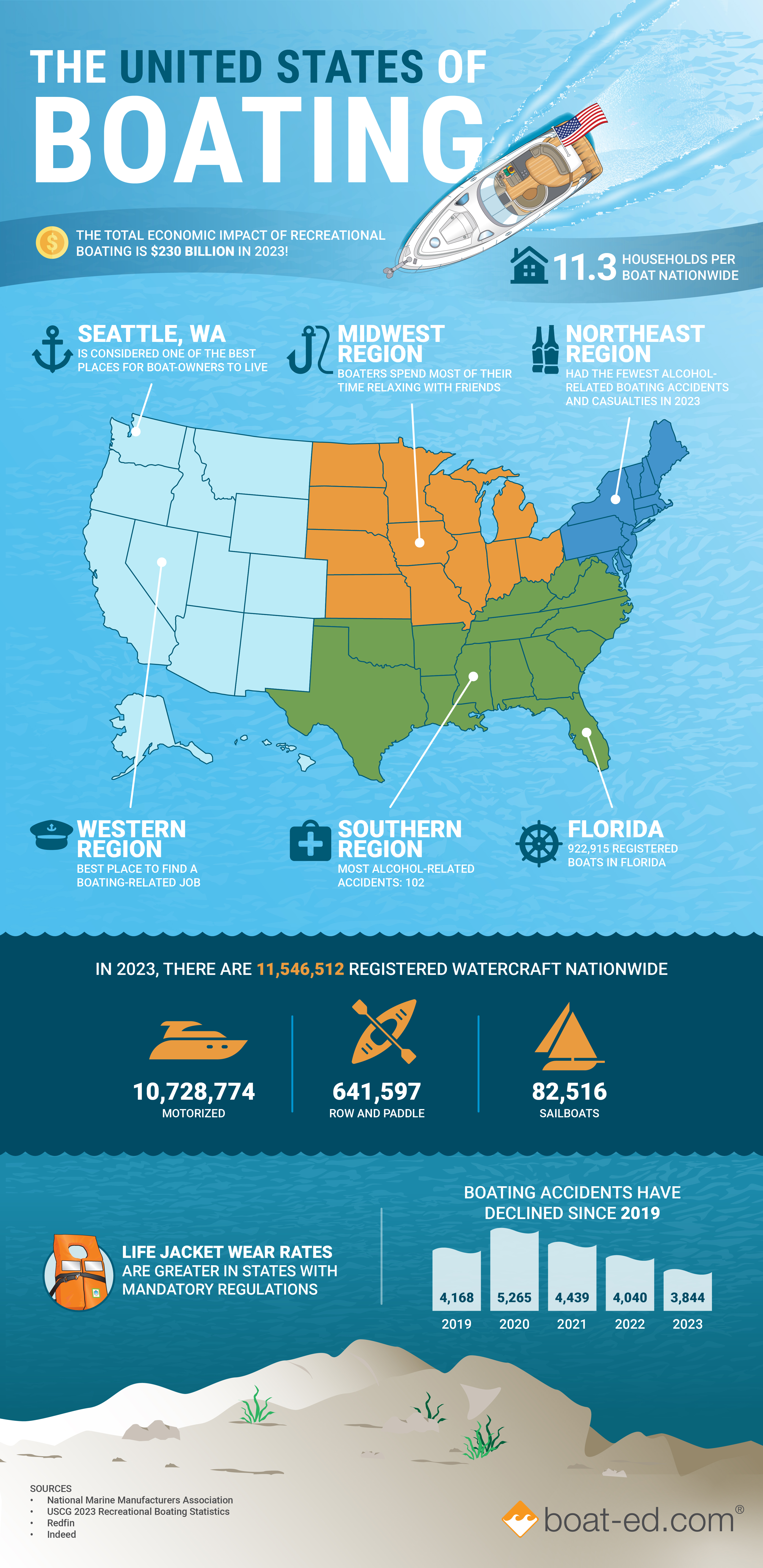
If you're interested in more statistics, the U.S. Coast Guard publishes an annual report about Recreational Boating Statistics. You can get an in-depth view of boating activity in your state, including the types of boats involved in the most accidents and the most common causes of accidents.
What Can We Learn from This Information and Boating Accident Statistics?
The first thing we can learn is that safety must be a priority when boating — no matter where you boat in the U.S.
With more than 11 million registered boats in the country (motorized and non-motorized), there could be a lot of waterway traffic where you live and boat. Not knowing how to navigate the waters safely can lead to collisions. Then, not being prepared with the right safety equipment or knowing what to do in an emergency could lead to worse injuries or even fatalities.
Avoiding alcohol while operating a boat, for example, is one of the best ways to avoid an accident.

Safety Has Improved (and Accidents Have Declined)
The infographic above also shows that accidents have declined since 2019. That's great news!
It's also the outcome we hope to see as official agencies continually review and adopt regulations that help keep boaters safe. For example, in states where mandatory life jacket regulations are enforced, more people wear them. In turn, more lives are saved because life jackets save lives!
Additionally, fewer boating accidents each year show that more boaters are practicing good safety essentials while on the water.
- They've learned how to navigate the waters around other boats and markers.
- They understand how to choose the right life jacket and why wearing one is important.
- They know how to keep their boats in good condition, conduct pre-departure safety checks, and return to the dock safely after a fun day on the water.
There's a lot to know about being safe on the water, but it's worth it to take the time to build this knowledge before heading out for an adventure!
How Can You Learn More About Boat Safety?
If you have a friend or family member with a boat, ask them to show you the safety best practices for being on the water. You can learn a lot from hands-on instruction from an experienced boater.
You can (and should) also take a boater education course covering a wide range of state-required information about boating and being on the water with other vessels. Chances are, your state requires boat operators to have proof of passing a boater education course before taking the helm.
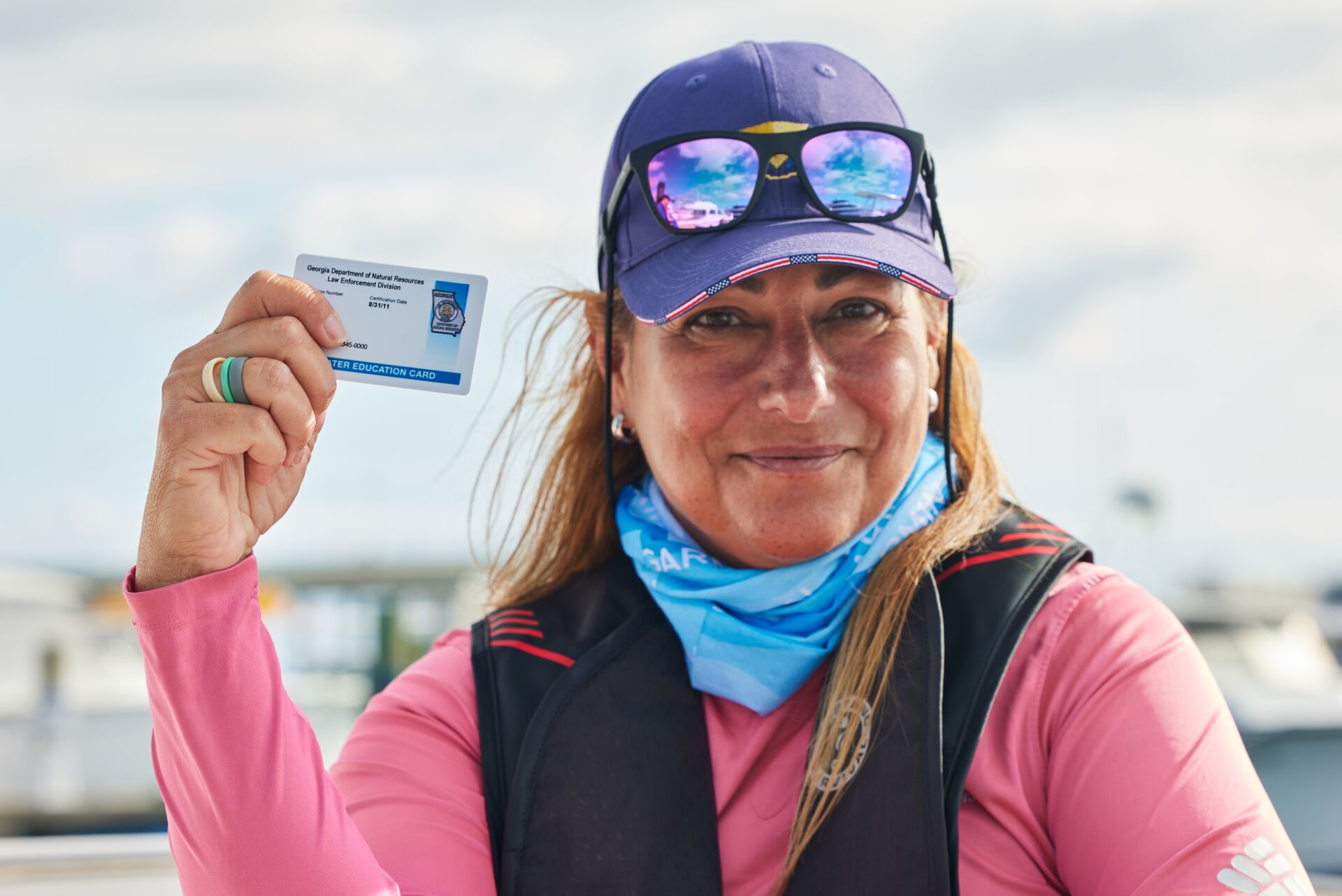
The Best Way to Boat Safely is With Boat-Ed
We never want you or anyone you know to be part of the accident statistics we see in the U.S. Coast Guard annual reports or in any of our infographics. However, we'd love to count you in the number of boaters taking boater education courses before hitting the water!
The best way to learn what you need to know to protect yourself and others on the water is to take a boater education course through Boat-Ed. Our online courses are fun and informational and meet the requirements for boater education in your state. Plus, they're convenient, so you can learn on your own time and then get your boater card before launching on your next boating adventure.
Don't become the wrong kind of boating statistic! Choose the Boat-Ed course for your state and start learning with our free study guides.
First published February 2, 2014. Content most recently reviewed and updated for accuracy and relevancy February 29, 2024.

